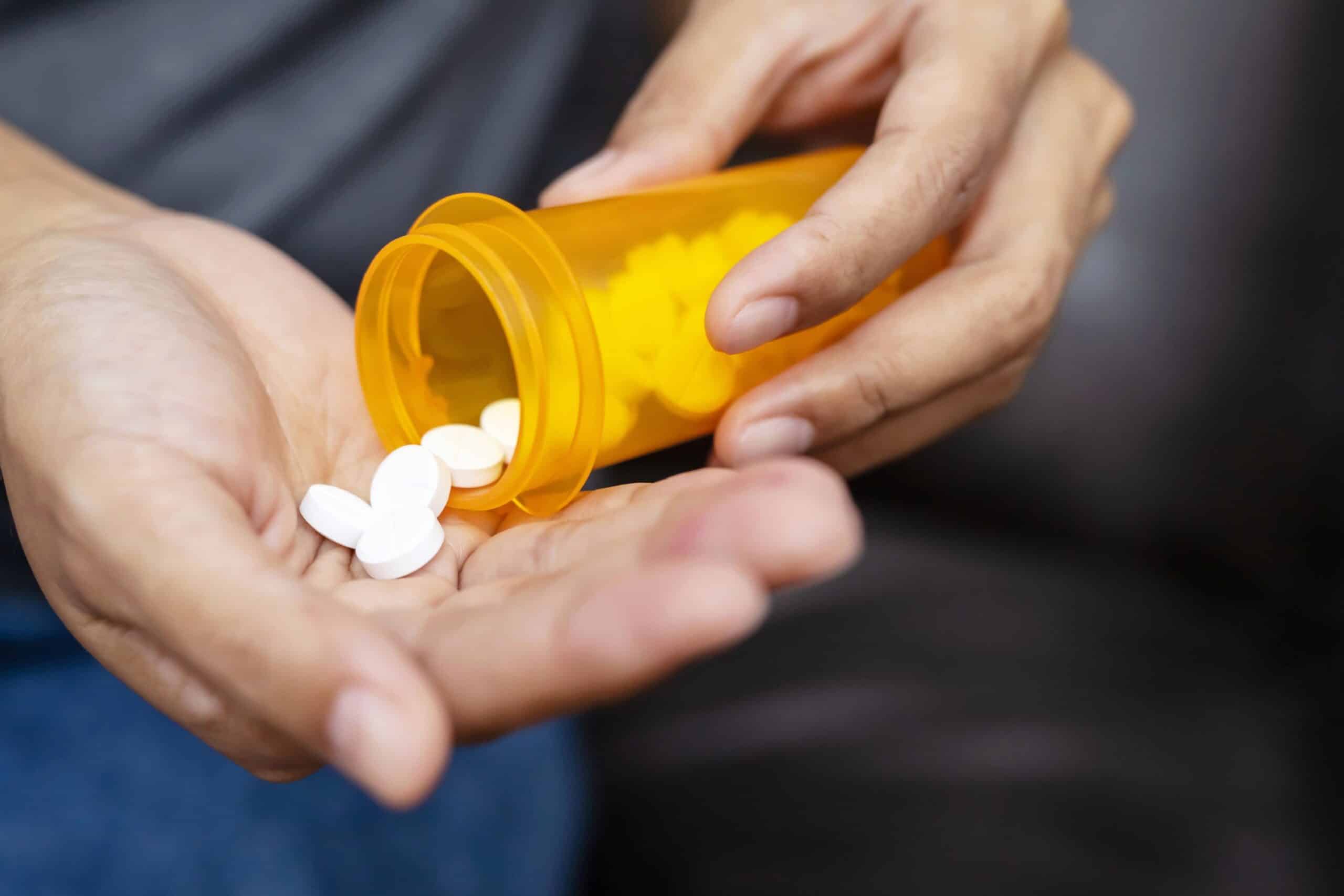Free Consultation
Free Consultation

Pharmaceutical medications have revolutionized healthcare by improving and saving countless lives. However, when medications cause harm, whether due to manufacturing defects, inadequate testing, or insufficient warnings, it is crucial to hold pharmaceutical manufacturers accountable. The repercussions of harmful medications can be devastating, resulting in serious health risks, irreversible injuries, and even loss of life. Holding manufacturers responsible not only provides justice for those affected but also sends a strong message that the health and safety of consumers should be paramount.
Pharmaceutical manufacturers have a critical role in ensuring the safety and efficacy of their products. They are responsible for conducting thorough research, rigorous testing, and adhering to strict quality control standards throughout manufacturing. However, instances of harmful medications reaching the market highlight failures in these responsibilities.
One of pharmaceutical manufacturers’ primary responsibilities is conducting thorough research and development (R&D) processes. This involves rigorous testing to assess the safety and effectiveness of the medication. Clinical trials evaluate the drug’s performance in different populations and identify any potential risks or side effects. Adequate R&D ensures that the benefits of the medication outweigh the potential harm.
Pharmaceutical manufacturers are ethically obligated to provide accurate and comprehensive information about their medications. This includes disclosing potential risks, contraindications, and known side effects to healthcare professionals and patients. Clear and transparent communication allows individuals to make informed decisions about their healthcare and weigh the benefits and risks of a particular medication.
Manufacturers must invest in robust research and development processes, including comprehensive clinical trials, to identify potential risks and side effects. They should also establish stringent quality control measures to prevent manufacturing defects that could compromise the safety of medications. Additionally, manufacturers are ethically obligated to provide accurate and comprehensive information about potential risks and side effects to healthcare professionals and patients.
When individuals suffer harm from medications, they have legal avenues to seek justice and compensation for their injuries. Product liability lawsuits are a common recourse, allowing plaintiffs to hold pharmaceutical manufacturers accountable for negligence or misconduct. These lawsuits can be filed for defective product design, manufacturing defects, or failure to warn about potential risks.
To pursue a successful product liability lawsuit, individuals must establish a causal link between the medication and their injuries, provide evidence of harm, and demonstrate the manufacturer’s responsibility for the defect or failure. Seeking legal representation from experienced product liability attorneys is crucial in navigating the complexities of such cases.
In addition to individual lawsuits, class-action lawsuits may arise when multiple individuals have suffered harm from the same medication. These collective legal actions increase the visibility and impact of the harm caused, and they hold manufacturers accountable for the broader consequences of their actions.
Regulatory bodies, such as the FDA in the United States and similar agencies worldwide, play a pivotal role in safeguarding public health by overseeing the safety and efficacy of medications. However, instances of harmful medications reaching the market indicate the need for stronger oversight and regulatory measures.
Regulatory bodies should enhance their scrutiny of pharmaceutical companies, ensuring adherence to rigorous testing, quality control, and ethical practices. They should establish robust monitoring systems to detect and promptly address potential risks associated with medications. Furthermore, these bodies should enforce stricter penalties for manufacturers who fail to comply with safety standards or engage in deceptive practices.
Transparency and effective communication channels are also essential. Regulatory bodies should establish mechanisms for healthcare professionals and patients to report adverse drug reactions, providing valuable feedback to identify potential issues and take appropriate action.
Holding pharmaceutical manufacturers accountable for harmful medications is crucial to protect public health, seek justice for victims, and deter future negligence. We can minimize the risk of patient harm by ensuring manufacturers fulfill their responsibilities in conducting thorough research, implementing stringent quality control measures, and providing accurate information.
Legal avenues, such as product liability lawsuits, empower individuals to seek compensation and hold manufacturers responsible for their actions. Additionally, regulatory bodies must strengthen oversight, enforce strict standards, and establish transparent channels for reporting adverse reactions. Together, these efforts can help create a safer pharmaceutical landscape, where the well-being of patients takes precedence and trust in medication is preserved.
As consumers, it is crucial to stay informed, report adverse reactions, and seek legal recourse when harmed by medications. By actively engaging in these efforts, we contribute to a collective movement towards safer medications and a more accountable pharmaceutical industry.